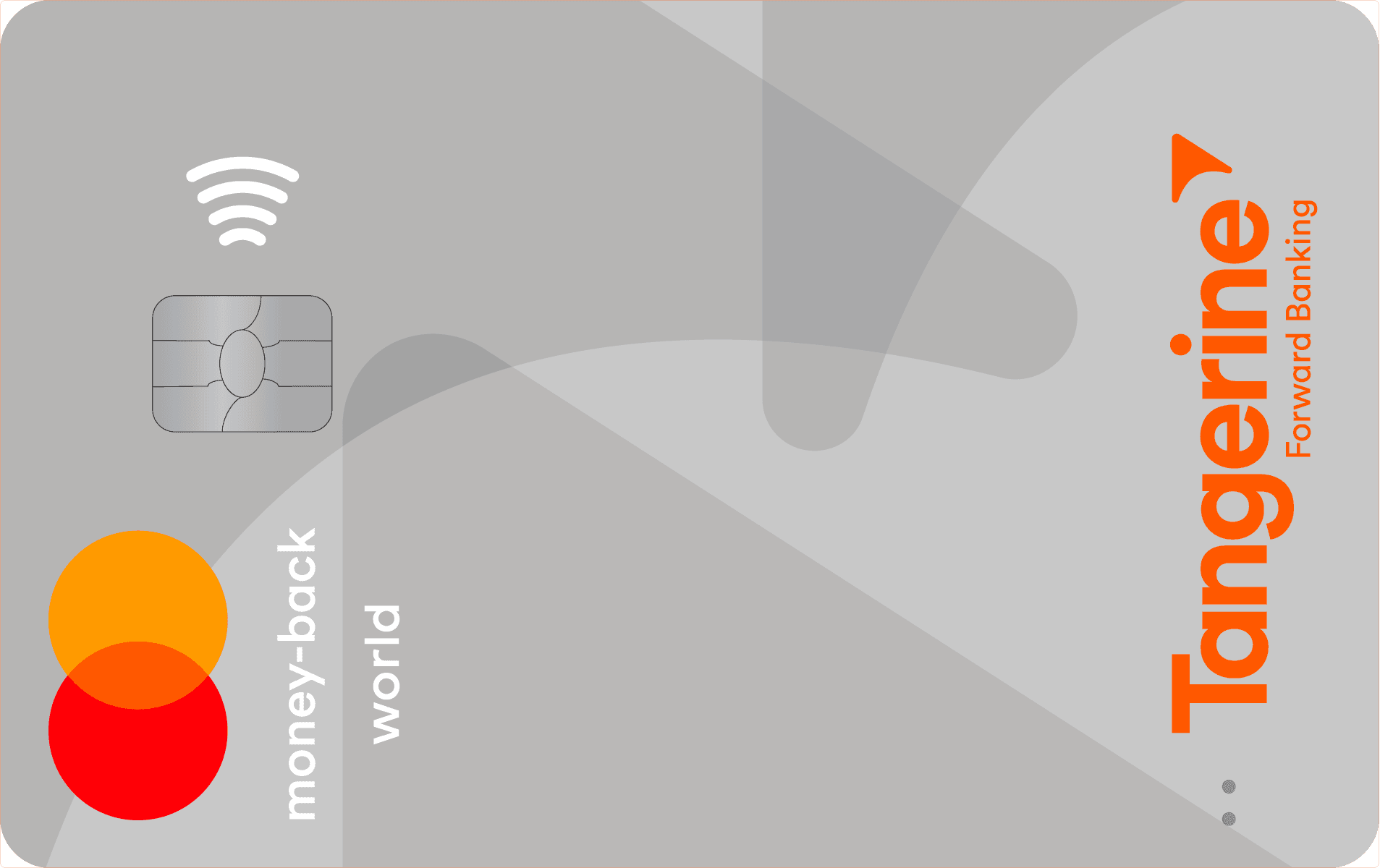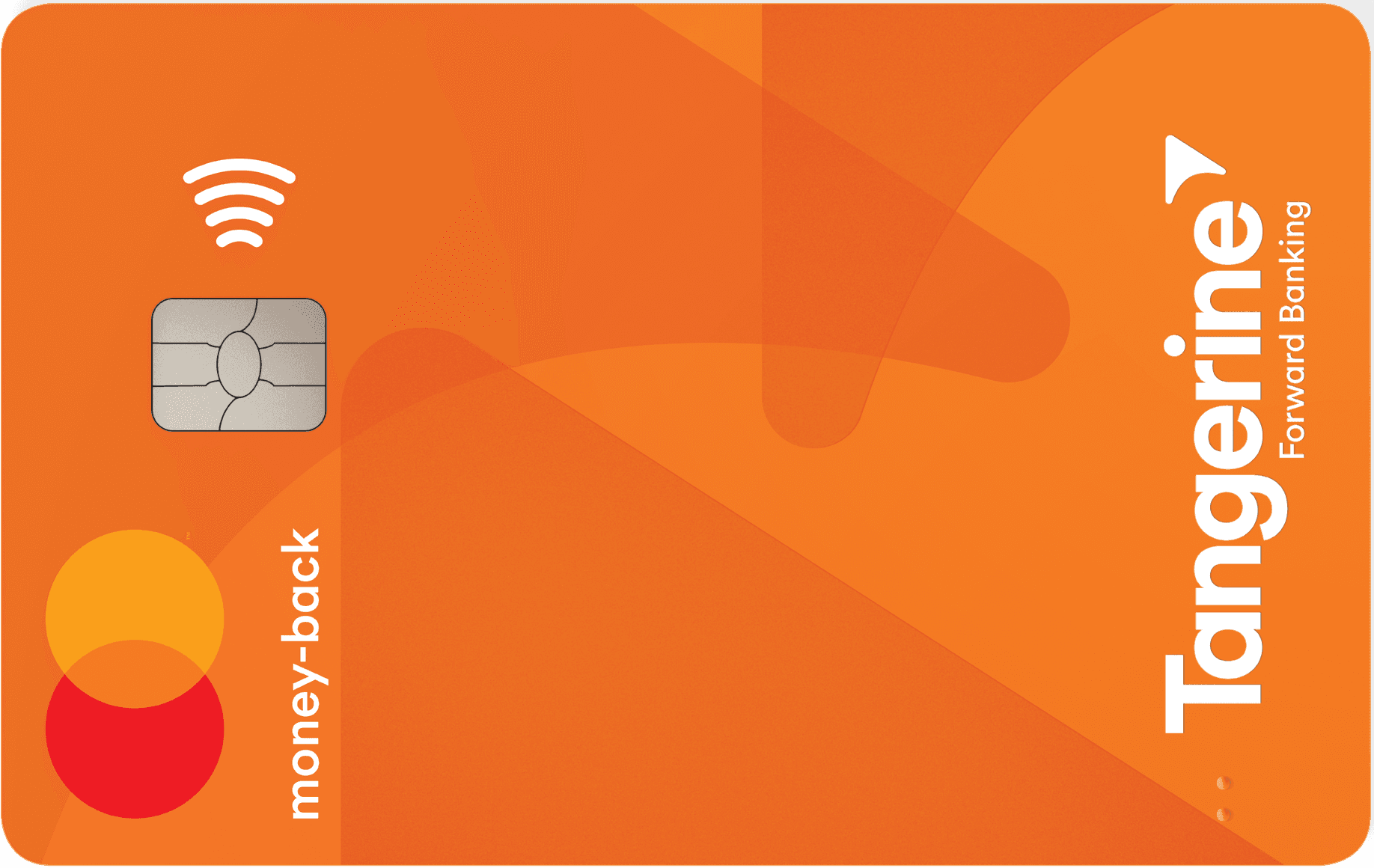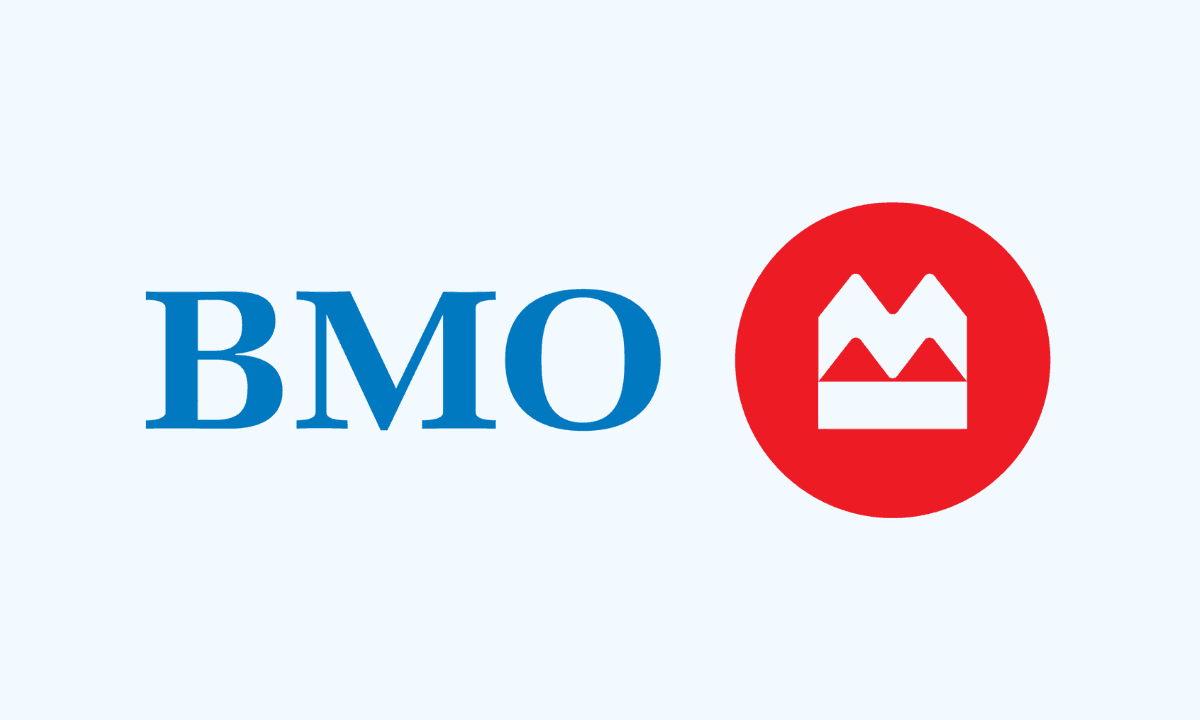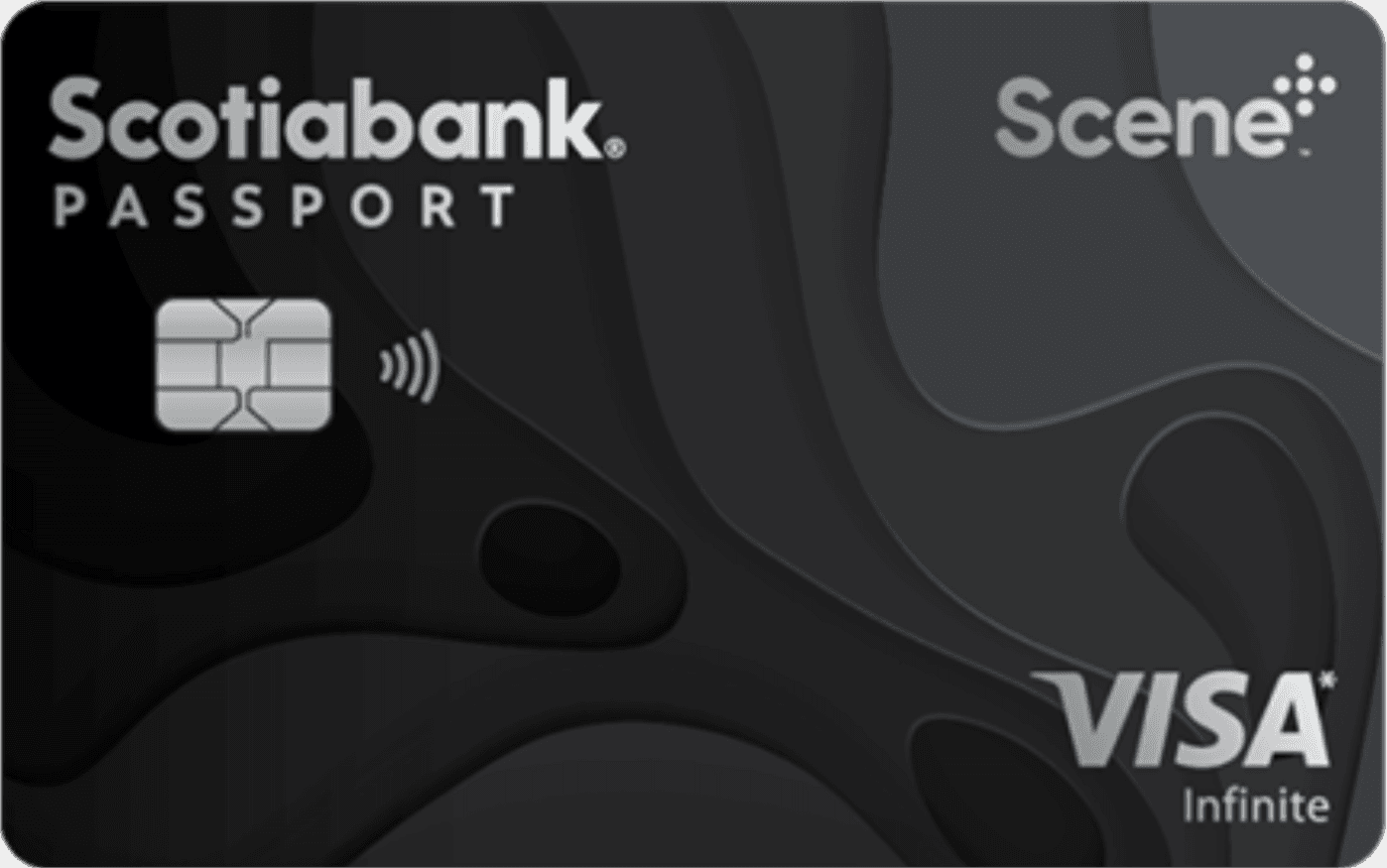Working hard in the background...
Who is Responsible For Business Credit Card Debt?
Published Jan 5, 2026 1:06 PM • 8 min read
Business credit cards are a great way to manage business finances in Canada. Most business people in Canada are using credit cards owing to the great benefits they offer to the business. But along with enjoying the inherent benefits of credit cards, business owners also have to consider ways to repay the outstanding debt.
When it comes to debt, there is confusion about who is liable for the outstanding payment. Have you ever imagined what could happen if your business fails and you don’t have enough money to pay the upstanding amount? Of course, you can buy some time by paying the minimum amount due each month, but it will end up in debt accumulation because you will have to pay interest on the remaining amount for the time you hold the payment.
In Canada, the debt responsibility can vary as per the business structure. If you are looking for a detailed analysis of the responsibility of debt for different business structures, then you are at the right platform. Here, we are going to unveil the debt responsibility for every business arrangement/structure in Canada.
Disclaimer: The information provided in this blog post is meant to provide general information and does not constitute legal advice. Your circumstances may vary from those described herein, and you should not take any action or refrain from any action based on any information found on this site without obtaining legal advice from a professional.
In the market for a business credit card? Find your top contender in our Best Business Credit Cards in Canada post.
Business credit card debt responsibility
The debt responsibility for business credit cards varies with the business structure. In Canada, there are four major kinds of business structures: sole proprietorship, partnership, corporate, and limited liability partnership.
Sole proprietorship:
It is a business structure in which only one owner looks over the business, hence the name sole. In legal terms, the sole proprietor/ owner is considered the same entity as the business. It implies that the owner is liable for every penny, be it a personal credit card debt or a business credit card debt. All the debts are intertwined, and the owner is personally liable to clear all expenses.
In case of any outstanding debt, the bank or credit card issuer will first ask the business to clear the debt. If the business assets are not able to pay the debt, then the owner is held liable. If the owner doesn’t have enough funds to pay back the debt, he/she will have to sell assets and clear the debt. It means that the debt is not related to the business only. Rather, the owner is equally responsible for clearing the debt whether the business is running great or facing downfall.
Partnership:
A partnership is a business structure in which more than one owners mutually sign a contract to run the business. The partners can have a different share in the business. For instance, one partner can own 50% shares while others can own 20% and 30% of the business. Also, there can be a sleeping partner who has ownership rights but doesn’t actively participate in the business activities.
No matter what the partnership distribution is, all the partners are liable for any outstanding debt on the business credit card. For bank or credit card issuers, all partners are equally liable to repay the debt that they have taken for their business. While signing the agreement, all partners are subject to take responsibility that they will be accountable in case the business fails to repay.
In case of an outstanding debt, the bank or credit card issuer first contacts the business. If the business does not have enough assets to repay the debt, the partners are notified to repay the debt. If partners claim that they don’t have enough funds, their personal assets are at stake because the bank or credit card issuer can ask them to sell the assets and repay the outstanding amount.
In general, all partners are liable to repay the debt, and the amount that they each contribute to clear the debt is their personal matter. The bank does not interfere if one partner pays more (usually due to a high share of ownership). All bank or credit card issuer wants is to get the amount back as promised by the partners, no matter how they arrange that money.
Limited Liability Partnership (LLP):
LLP or limited liability partnership is a partnership structure in which business is taken as a separate entity from the owners (or partners). As the name refers, the limited liability partnership is a business structure where partners have limited liability, which implies that they are not accounted for to repay the debt and are not liable. When applying for a credit card, the bank or credit card issuer can ask for a personal guarantee, which is often provided by the general partner or the partner with the highest ownership percentage in the business.
If the business fails to repay the outstanding amount, then the business is notified to clear the debt. Suppose the business claims its assets are not enough as per the outstanding amount due for payment. Then, the partner who has given a personal guarantee is deemed liable to repay. Since that partner has agreed to repay in such an extreme situation, he/she cannot back off at this stage and is responsible for paying back the taken debt. His/her assets are at stake and can be sold out to attain the full debt. In contrast, all other partners who have limited liability are not held responsible for any repayment and are free from any such repayment obligation.
Corporation:
A corporation is a business structure where all shareholders are considered as the business owners. In legal terms, a corporation is seen as a separate entity from the shareholders. It implies that since owners (shareholders) and corporations are separate entities, owners will not be liable to pay back any outstanding debt in an extreme scenario.
Suppose the corporation keeps delaying the credit card payment and has a huge amount of accumulated debt. Then, the bank or credit card issuer can notify the corporation to repay the amount. If a corporation fails to do so because of low funds, then the extreme case is to sell off the corporation’s assets to settle the debt. So, in this case, you can say that the corporation has the sole responsibility to repay the debt.
However, there is another scenario as well. Some banks or credit card companies can ask for a personal guarantee while issuing a business credit card. Normally, one of the directors or CEO or Managing Director gives the guarantee. A personal guarantee is a type of promise that is made by the guarantor that he/she will be responsible for paying the debt if the corporation fails to do so. In such cases where a personnel guarantee backs the business credit card, the person who has given that guarantee is held responsible for paying the outstanding debt.
In such a scenario, when the corporation fails to pay back the debt, the guarantor is reached out to live up to the agreement. He/she is then considered responsible for making the payment, and his/her personal assets are at stake in case he/she doesn’t have enough cash.
When are the personal assets sold?
It can be a bit overwhelming if the responsibility to repay the business credit card holds on you. Knowing that your personal assets are at stake, too, can be a bit troublesome. You might be wondering when a bank or credit card issuer can come after your assets. Well, there is no particular timeline to come after the assets. It depends upon the terms and conditions mentioned in the contract that you sign while applying for a business credit card. The time duration can vary from one credit card company to another because each company or bank has its own policies and time frame in such worst-case scenarios.
In general, the bank or credit card issuer gives you a considerable time to pay back the debt. Remember, all they want is their debt back. They don’t have any vested interest in selling your assets. It is not like they will ask you to settle the payment through assets once you miss a business credit card payment. Rather, when you miss a business credit card payment, in most cases, the bank or credit card issuer:
- Gives a grace period to make the desired payment. The grace period can also vary from bank to bank, but it is a considerable time.
- If you fail to pay even after the grace period, then collection notices are being sent to the responsible individuals.
- If the collection efforts seem to fail, then the bank or credit card companies go towards the option to exercise legal action. Whereby they take the matter to court. The court can take multiple actions to seize your money, which can include the seizure of personal accounts, wage garnishment, sale of collateral (if any), and the last resort is the sale of assets.
- If the judge orders the sale of the assets, only then the assets are subject to sale, and the sale proceeds are used to pay off the outstanding debt.
Trending Offers

Tangerine® Money-Back World Mastercard®*

Tangerine Money-Back Mastercard

BMO Performance Chequing Account

Scotiabank Passport® Visa Infinite* Card
About the author

Kevin Shahnazari
Credit Card Expert
Kevin started FinlyWealth and juggles a bit of everything—digging into data, running our marketing, and keeping the finances on track. Before this, he spent years as a data scientist at tech companies...
SEE FULL BIO